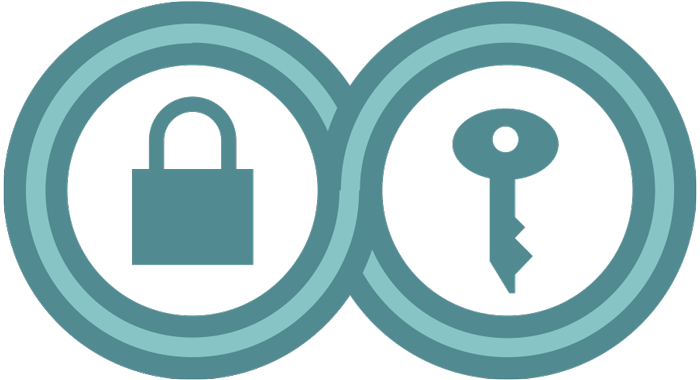Things to Consider When Crossing the U.S. Border
Last Reviewed: October 29, 2018
A lot has changed on the U.S. border since this guide was published in 2018. While we work through new guidance, keep in mind that some recommendations here may be out-of-date.
Planning on crossing the border into the United States anytime soon? Did you know that the government has the right to, without a warrant, search travelers at the border—including when they land at international airports—as part of its traditional power to control the flow of items into the country? (Note that although some of the same legal justifications exist for searches of those leaving the U.S. and that such searches are possible, travelers are not routinely searched on their way out of the country.)
For a more in-depth treatment of this issue, check out EFF's guide, Digital Privacy at the U.S. Border: Protecting the Data On Your Devices.
Here are Some Things to Keep in Mind When Crossing the U.S. Border:
Border agents may demand your digital data . Consider your individual risk assessment factors. Your immigration status, travel history, the sensitivity of your data, and other factors may influence your choices.
Be aware that unusual precautions may make border agents suspicious.
- Back up your devices. This may help in case one or more of your devices is seized. You can use an online backup service or an external hard drive, though we don't recommend carrying both your laptop and your backup hard drive at the same time.
- Reduce the amount of data you carry over the border. Consider traveling with a "clean" laptop. But note that simply dragging files to your trash doesn't delete them completely. Make sure you securely delete your files. Consider leaving your regular mobile phone at home and purchasing a temporary phone and transferring your SIM card over or getting a new number when you arrive at your destination.
- Encrypt your devices. We recommend using full-disk encryption on your devices (laptops, mobile phones, etc.) and choosing secure passphrases.
- If a border agent asks for your passphrase , you do not have to comply. Only a judge can force you to reveal such information. However, refusal to comply could bear consequences: for noncitizens, you may be refused entry into the country; for citizens, your device may be seized or you may be detained for several hours.
- Power down your devices before arriving at the border to block high-tech attacks.
- Don’t rely on fingerprint or other biometric locks; they are weaker than passwords.
- Agents can get live or cached cloud content from the apps and browsers you have on your device. Consider logging out, removing saved login credentials, or uninstalling sensitive apps.
- When dealing with border agents, remember these three things: Be courteous, do not lie, and do not physically interfere with the agent’s search. Border agents have a right to look at the physical aspects of your device (e.g., to make sure drugs aren’t stored in the battery compartment of a laptop).
Not sure you’ll remember these tips? Check out EFF’s Border Search Pocket Guide, designed to be printed, folded, and carried in your pocket while traveling.

